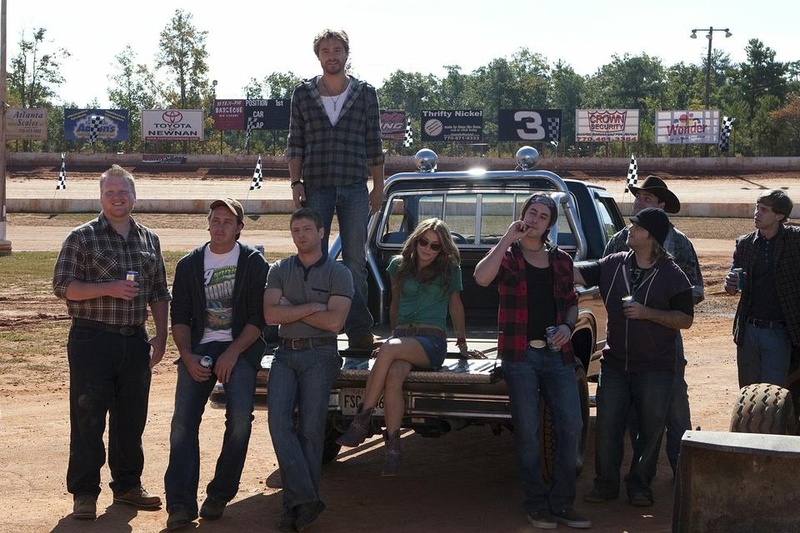Craig Brewer’s remake of the 1984 classic “Footloose” attempts to update a well-loved film, but fails to bring anything new to the table. Instead, the movie comes off as a simple tribute to a past success, but not something most would spend 15 dollars to watch in theaters today.
The film opens in exactly the same manner as the 1984 version, with continuous footage of dancing feet—only this time the feet are housed in converse sneakers, plaid hipster moccasins, and off-the-shelf women’s cowboy boots. Likewise, in place of the frayed denim jacket Kevin Bacon sported as protagonist Ren in the original, the new Ren (Kenny Wormald) wears a cutesy denim jacket adorned with buttons. Like the updated footwear in the opening credits, the shinier jacket screams “Take me as an indication that this movie is hip and contemporary!” Unfortunately, the rest of the movie is about as superficial as these cloying gestures at relevance, with little of the charm of the original.
At film’s start, archetypal bad boy Ren MacCormack buses into the tiny rural town of Bomont, West Virginia. There, dancing, drinking, playing loud music, and generally carrying on in other inappropriate ways is strictly forbidden ever since a tragic accident took five of Bomont’s brightest three years ago. Ren soon meets up with leading lady Ariel, played by Julianne Hough of “Dancing with the Stars,” and they establish the standard sexual chemistry needed to propel the movie forward.
Ariel is reckless and frankly unlikeable, but as this was how Lori Singer portrayed Ariel in the original “Footloose,” of course the character is similarly flawed in this version. And don’t worry—the new Ariel wears Sugarlips apparel, feather necklaces, and Delia’s skirts, so audience members will at least be able to relate to her sense of fashion, if not her personality. The two hip high school students set out to change Bomont’s laws and the mind of its religious leader, Rev. Moore (Dennis Quaid), who happens to be Ariel’s father. Dancing and deviance predictably ensue, and the movie proceeds to faithfully cover the same plot points as its predecessor, but with more style than actual substance.
Of course, if you are just looking for a movie with pretty people and spectacular dancing, you will not be disappointed. The dance moves that made the original “Footloose” such a crowd-pleaser are exactly the same. Ren’s “dream ballet” moment in the warehouse is as sexy as ever and wrought with as many grunts and gyrations as the original. Wormald does a fantastic job of mimicking all that Kevin Bacon did to make Ren into a suffering artist and hero. Wormald walks and slouches in the same way, and glowers from under his wispy tuft of hair in the same smoldering manner. It is almost as if Brewer said “Let’s update all of the clothing and casually throw in some cell phones, but leave Ren and the plot in a time capsule to satisfy the older audience members.”
Indeed, given the film’s loyalty to its source material—aside from its taste in fashion—one wonders why the filmmakers didn’t just let the original stand on its own. Often, the film simply feels like an extended exercise in product placement, rather than a dramatic update of a cult classic. We may not find a new interpretation of the story or characters here, but how else would we know which cowboy boots to buy at Target, or how exactly to wear Ray Bans? Thank goodness “Footloose” is on the case.
But perhaps this nostalgia for past success coupled with comfortable consumerism is exactly the film’s purpose. In times of recession and political upheaval like ours, people turn toward what they already know for solace. Remakes like “Footloose” remind audiences that some things never change. The consistency of the film’s lines and character portrayals, when both are dressed in contemporary garb, soothes the film’s audience, at least for two hours. When all is said and done, this escape from the anxiety of our daily lives is the film’s sole attraction. If nothing else, “Footloose” offers us a reminder that pretty people exist and they can still dance.
Read more in Arts
‘Blackthorn’ a Worthy Retelling of a Classic Tale













